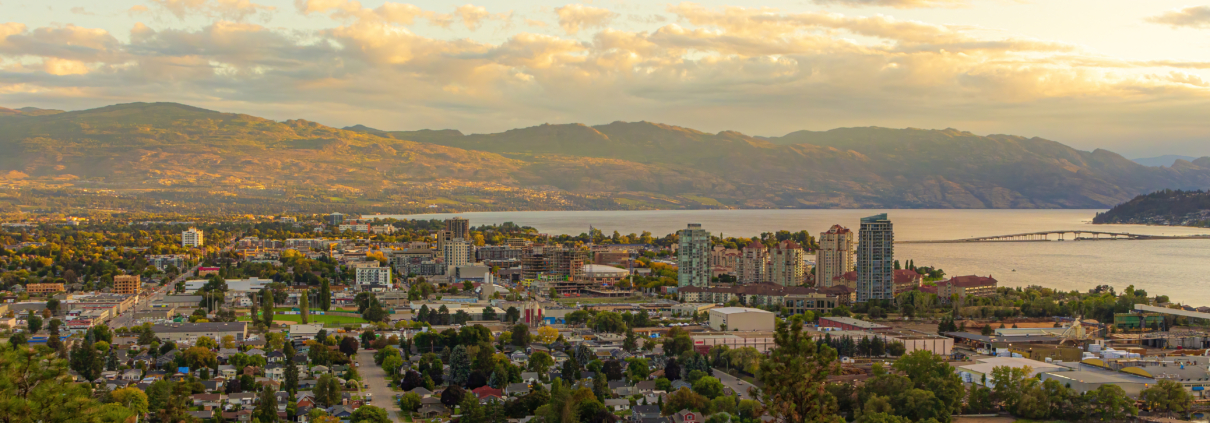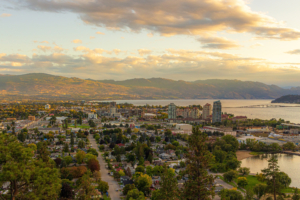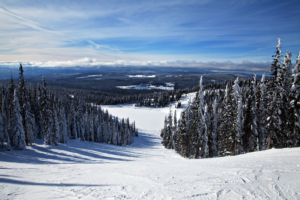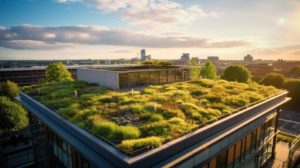Adapting to Climate: Kelowna’s Weather And Structural Design
Nestled in the heart of British Columbia’s picturesque Okanagan Valley, Kelowna captivates visitors and residents alike with its breathtaking landscapes. However, it is not only about the beautiful views. It also involves the seamless integration of buildings and nature, achieved through clever design that caters to Kelowna’s distinct weather conditions.
Understanding Kelowna’s Unique Climate
To fully grasp the role of structural design in Kelowna, one must delve into its climate. Four pronounced seasons bless the city. Snow-laden winters usually follow hot summers. Kelowna offers an ever-changing canvas that any professional needs to consider when conceptualizing a project.
Moreover, Kelowna exhibits desert characteristics with its dry summers and cold, dry winters. Spring is rainy, which affects how buildings are designed in the area due to moisture and its impact on materials.
Structural Engineering Challenges & Resilient Solutions
Structural engineering in Kelowna isn’t merely about erecting buildings. It’s a complex science that demands resilience, adaptability, and forward-thinking.
1. Thermal Expansion and Contraction
As temperatures change, materials in construction expand and contract, causing wear and tear over time. To combat this, engineers integrate materials and design techniques resilient to these shifts, ensuring longevity.
In particular, steel, a commonly used material, undergoes expansion because of heat. Thus, it becomes imperative for engineers to consider temperature variations when selecting and fitting steel within structures.
2. Snow Load
While the snow-covered landscapes of Kelowna are a sight to behold, they bring their own set of challenges. Roofs, for instance, need to bear the weight of accumulated snow. Sloped roofs and reinforced materials are often the go-to solutions.
Given Kelowna’s wet springs, high water levels and changing water tables because of runoff become significant factors. Designers must accommodate snow melts during spring when designing underground structures.
While accumulation may not be significant, Kelowna’s high alpine conditions, about 2.3m of compact snow or 7.6m of fresh snow at locations like Big White, cannot be overlooked. Additionally, structures should also take into account snow drifts, which can alter the distribution of snow loads.
Embracing Local Resources
Incorporating local materials into structural design is a wise and sustainable choice. Native materials are inherently suited to Kelowna’s climatic conditions. Through their use, structures not only stand resilient but also mirror the essence of Kelowna’s local culture and topography. Kelowna can use local timber, stones, and clay in building designs for their beauty and practical benefits.
Future-Forward
Sustainable Practices in Kelowna’s Building Design
The changing global climate underscores the importance of sustainable building practices. For professionals in building design in Kelowna, it’s not merely about adhering to trends.
Green building methods, from energy-efficient designs to the integration of renewable energy systems, are increasingly becoming the norm. This approach ensures structures remain environmentally friendly, adaptable, and resilient against evolving climate challenges.
In addition, green roofs are gaining traction. Not only do they support local bee populations, but they also offer insulation benefits. However, they can retain water and add weight to the building. Green roofs have advantages like saving energy and promoting biodiversity, making them worth considering despite the challenges they present.
Tech-Savvy Structural Engineering
The fusion of technology and structural design is becoming increasingly prevalent in Kelowna. People searching for “building design near me” indicate a growing need for companies to utilize advanced software and simulation tools. These technologies allow professionals to predict how structures will fare against local climatic conditions, leading to more efficient and robust designs.
Community Engagement and Feedback
Kelowna’s community plays a crucial role in shaping its architectural landscape. Local feedback often leads to designs that are not only structurally sound but also align with the community’s vision and aspirations.
Public meetings and discussions help ensure that Kelowna’s buildings and spaces align with the community’s lively spirit. These meetings involve engineers, architects, and the public. Greater community involvement often leads to more complex architectural designs. While these intricate designs can pose challenges, they also present opportunities to address specific needs and issues faced by the community.
Conclusion
Kelowna’s structural landscape is a testament to the marriage between nature and engineering. Experts in the area create strong and beautiful buildings by using new ideas, involving the community, and considering the local weather. Whether you live in Kelowna or are just visiting, take a moment to appreciate the city’s stunning buildings. These structures are specifically designed to withstand and complement Kelowna’s unique weather conditions.
Ecora is a leading architectural firm that combines past experience with new ideas to create innovative designs. Unafraid to push boundaries, Ecora strives to achieve architectural excellence with every endeavor.







